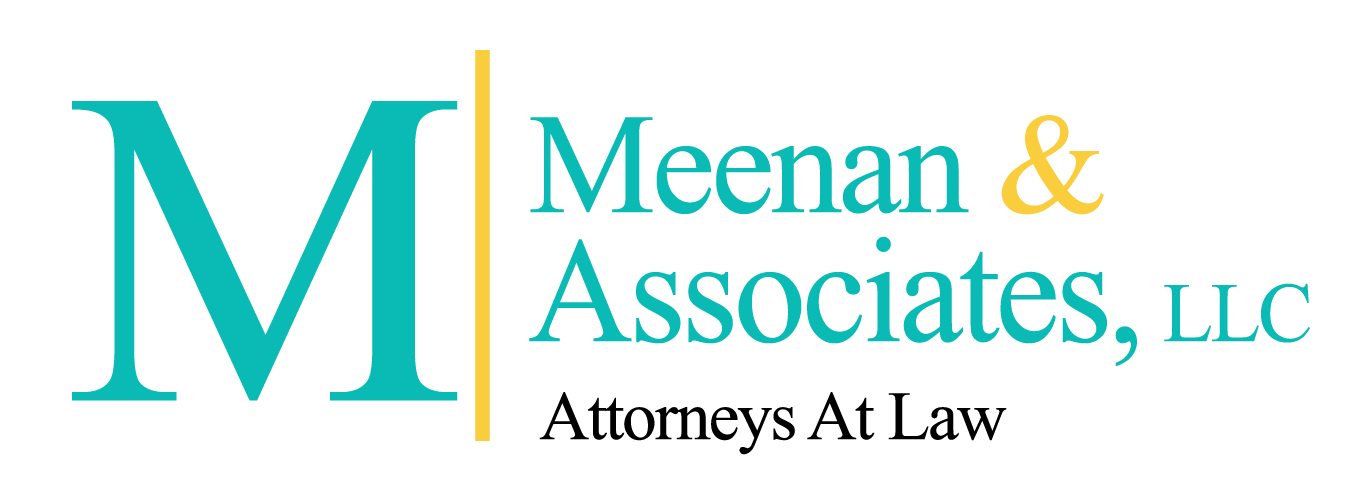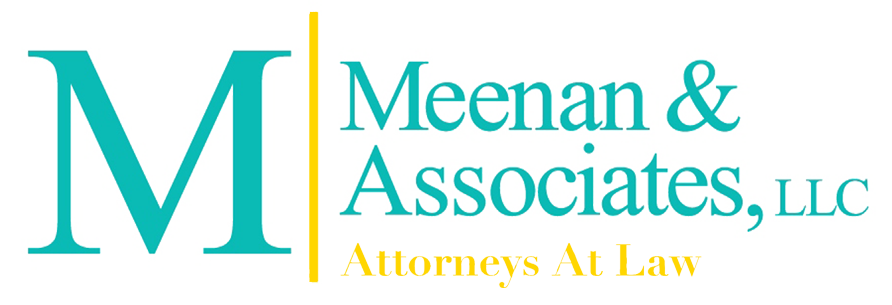As the COVID-19 pandemic evolves, lawmakers and regulators in Washington have turned their attention to addressing the inevitable retaliation against employees who report misuse of the federal government’s pandemic relief funds and questions about the reopening process for workplaces.
COVID-19 WHISTLEBLOWER BILL
On June 15, 2020, Senator Kamala Harris and Representatives Jackie Speier and Jamie Raskin introduced into Congress the COVID-19 Whistleblower Protection Act. If passed, the proposed bill would protect workers who blow the whistle on employers who misuse federal government COVID-19 pandemic relief funds. The proposed bill recognizes that contractors and workers are often in the best position to observe and report wrongdoing such as waste or fraud—and often face retaliation for their actions.
In summary, the COVID-19 whistleblower bill would provide as follows:
- Protects whistleblowers against being discharged, demoted, blacklisted or otherwise prejudiced or discriminated against for disclosing to certain persons and entities information or evidence of misconduct related to pandemic relief funds, or refusing to obey an order that would violate a statute, regulation or rule with respect to a pandemic relief program.
- Protects the identity of the whistleblower and against “gag orders.”
- Provides a process for whistleblowers to file administrative complaints.
- Permits whistleblowers access to jury trials in federal court, if administrative relief is not timely provided.
- Provides protected whistleblowers with immunity from civil and criminal liability.
OSHA ISSUES RE-OPENING GUIDANCE TO NONESSENTIAL BUSINESSES
A few days after the Whistleblower Act was introduced, the U.S. Department of Labor’s Occupational Safety and Health Administration (OSHA) issued guidance to nonessential businesses on reopening during the coronavirus pandemic.
The OSHA guidance, which is non-mandatory, recommends that non-essential businesses reopen in three phases as follows:
Phase 1. Permit remote work when possible and provide accommodations for high-risk employees, and possibly workers with household members at high-risk. Limit non-essential business travel.
Phase 2. Continue to permit remote work, ease limits on number of people in workplace, continue social distancing and accommodation. Non-essential travel can resume.
Phase 3. Eliminating restrictions on who is allowed back in the workplace.
The guidance also provides employers with examples of how to implement each of the following guiding principles to ensure workers’ safety:
- Assessment of occupational hazards that increase risk of exposure.
- Identification and isolation of workers with signs or symptoms of COVID-19.
- Addressing hygiene, including hand hygiene, respiratory etiquette, and cleaning and disinfection.
- Social distancing measures, including floor demarcation and signage.
- Employees’ return to work after illness or exposure.
- Implementation of Engineering and administrative controls, safe work practices and personal protective equipment.
- Workplace flexibilities, including telework and sick leave.
- COVID-19 training.
Federal and state governments must continue to protect employees and guide employers on emerging issues as the COVID-19 pandemic continues to evolve and present new issues and challenges. The Whistleblower Protection Act and the OSHA guidance are two steps in the right direction.


